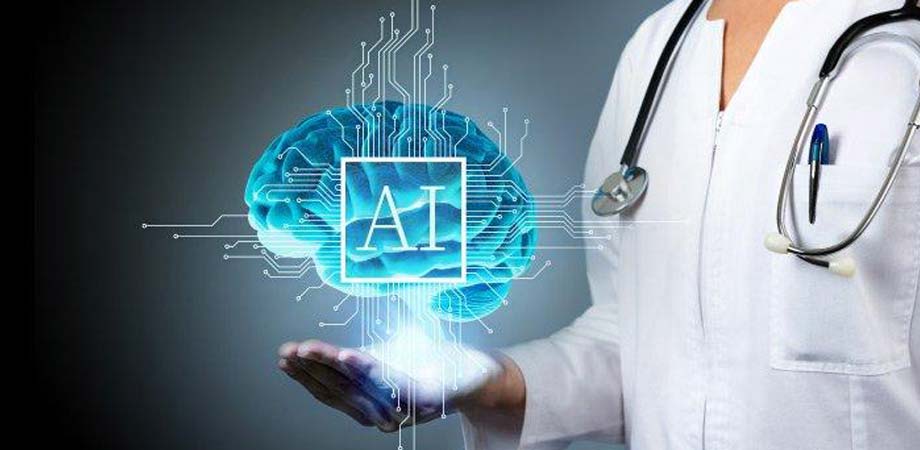
AI’s Revolutionary Leap into the Medical FrontierAI’s Revolutionary Leap into the Medical Frontier Artificial intelligence (AI) is rapidly transforming the medical field, offering unprecedented opportunities to enhance patient care and revolutionize healthcare delivery. From disease diagnosis and treatment planning to drug discovery and personalized medicine, AI’s capabilities are expanding exponentially. Automated Diagnosis and Prognosis AI algorithms can analyze vast amounts of medical data, including patient history, imaging, and laboratory results, to identify patterns and make accurate diagnoses. Machine learning models can be trained to detect early signs of disease, even when they are too subtle for human detection. This automation streamlines diagnostic processes, reduces errors, and allows for more timely interventions. Precision Treatment Planning AI can assist healthcare professionals in developing personalized treatment plans tailored to individual patient needs. By integrating data from medical records, genetic profiles, and lifestyle factors, AI algorithms can predict the most effective medications and interventions. This precision approach optimizes outcomes and minimizes side effects. Drug Discovery and Development AI accelerates drug discovery by analyzing molecular structures and predicting the efficacy of potential candidates. Algorithms can identify new therapeutic targets, streamline clinical trials, and optimize drug delivery systems. This reduces the time and cost of drug development, leading to faster access to life-saving treatments. Personalized Medicine AI empowers personalized medicine by delving into the unique genetic makeup and health profile of each patient. Algorithms can analyze genetic data to identify susceptibility to diseases, predict drug responses, and tailor treatments to individual needs. This approach allows for proactive and preventative healthcare, improving patient outcomes. Remote Patient Monitoring AI-powered wearables and sensors enable remote patient monitoring, providing real-time data on vital signs, activity levels, and sleep patterns. Algorithms can detect anomalies and alert healthcare providers when intervention is required. This empowers patients to manage chronic conditions and receive proactive care from the comfort of their homes. Ethical Considerations While AI holds immense potential, it also raises ethical concerns. To ensure responsible use, it is crucial to address issues such as data privacy, bias mitigation, and the allocation of healthcare resources. Ethical guidelines and regulatory frameworks are essential to guide the development and deployment of AI in healthcare. Conclusion AI’s leap into the medical frontier is a transformative advancement that is revolutionizing patient care. From automated diagnosis and personalized treatment planning to drug discovery and remote patient monitoring, AI offers unprecedented opportunities to improve health outcomes, reduce healthcare costs, and empower patients. As AI continues to evolve, it is poised to play an increasingly vital role in shaping the future of medicine.
Posted inNews